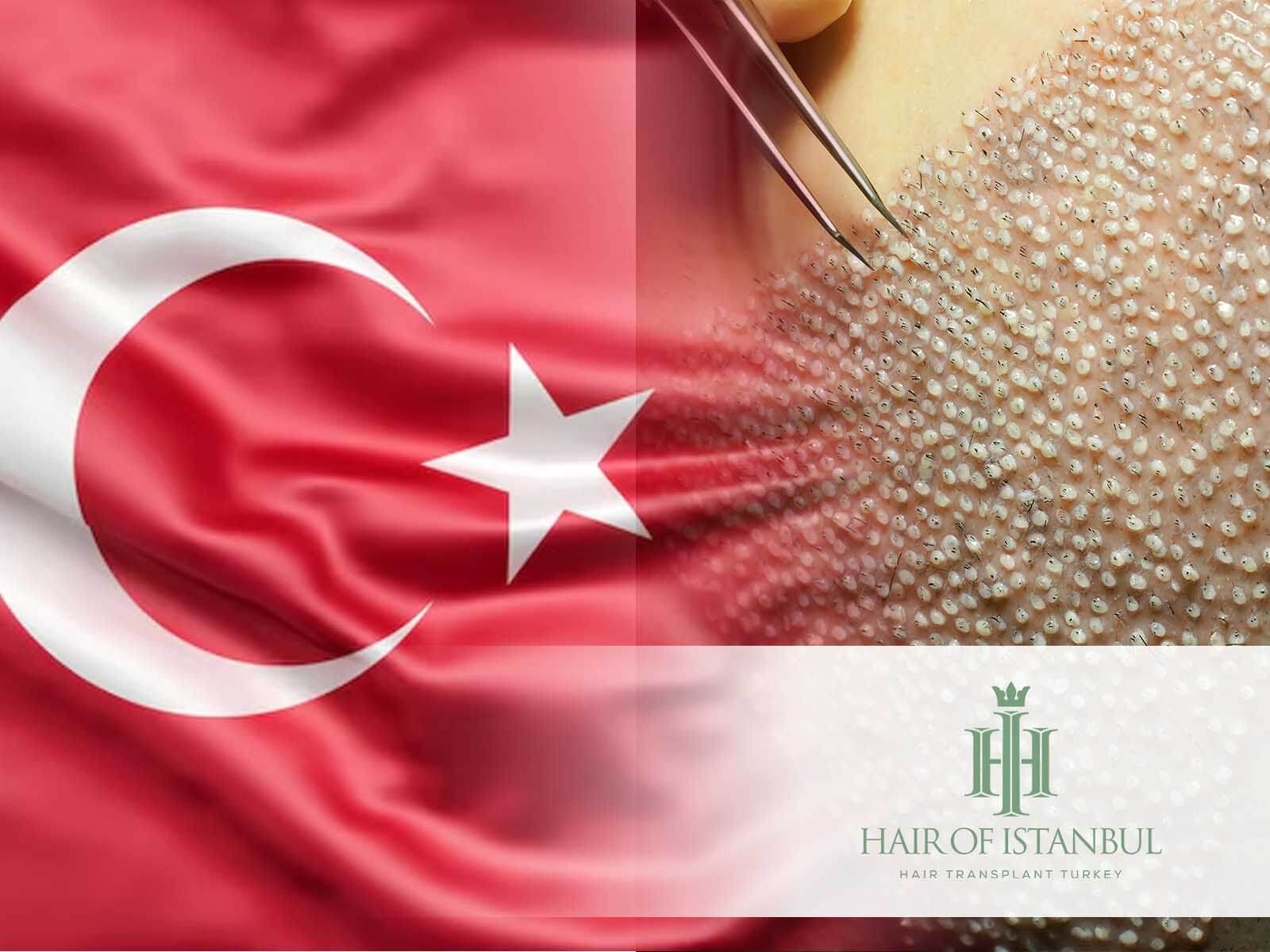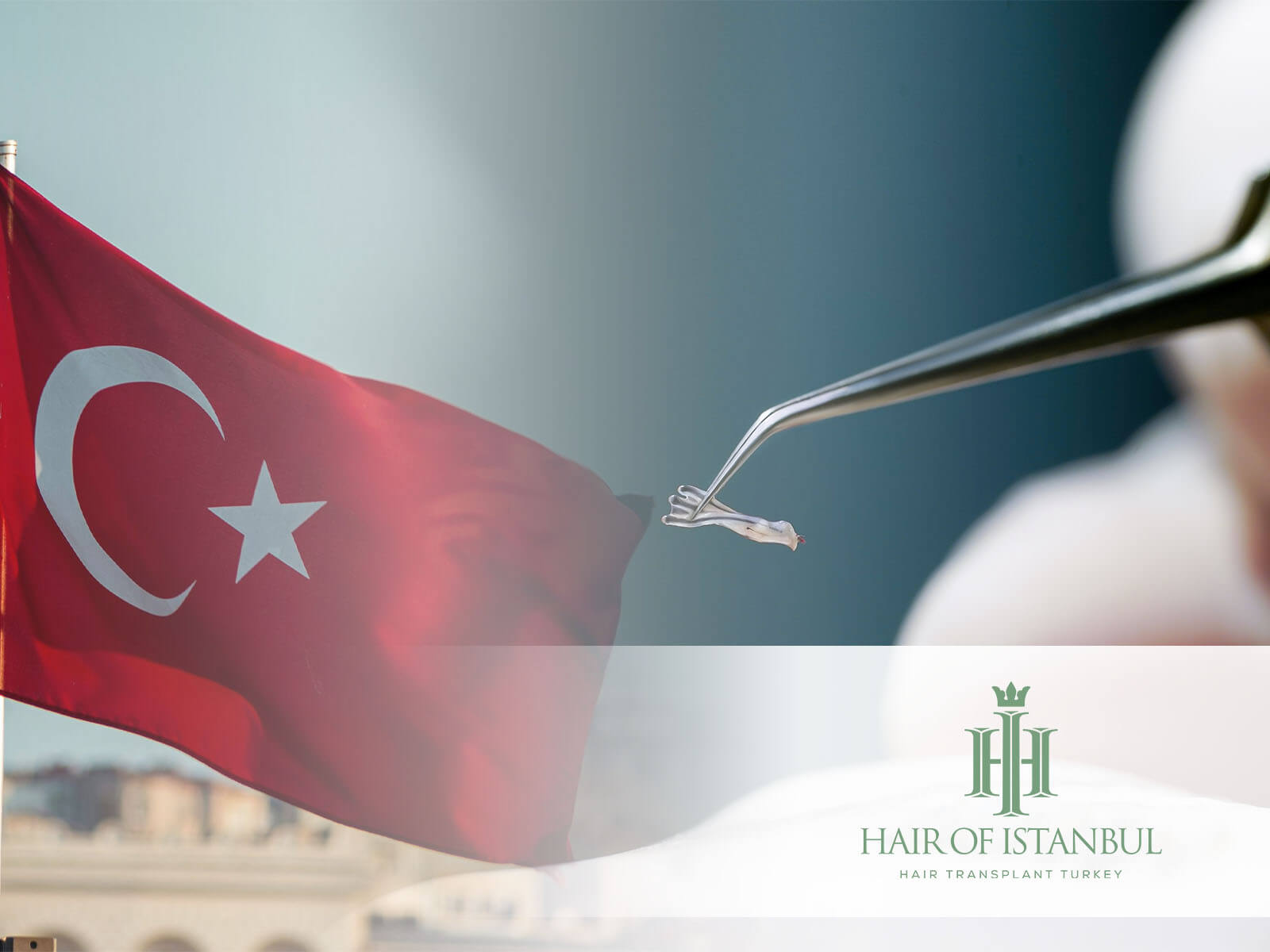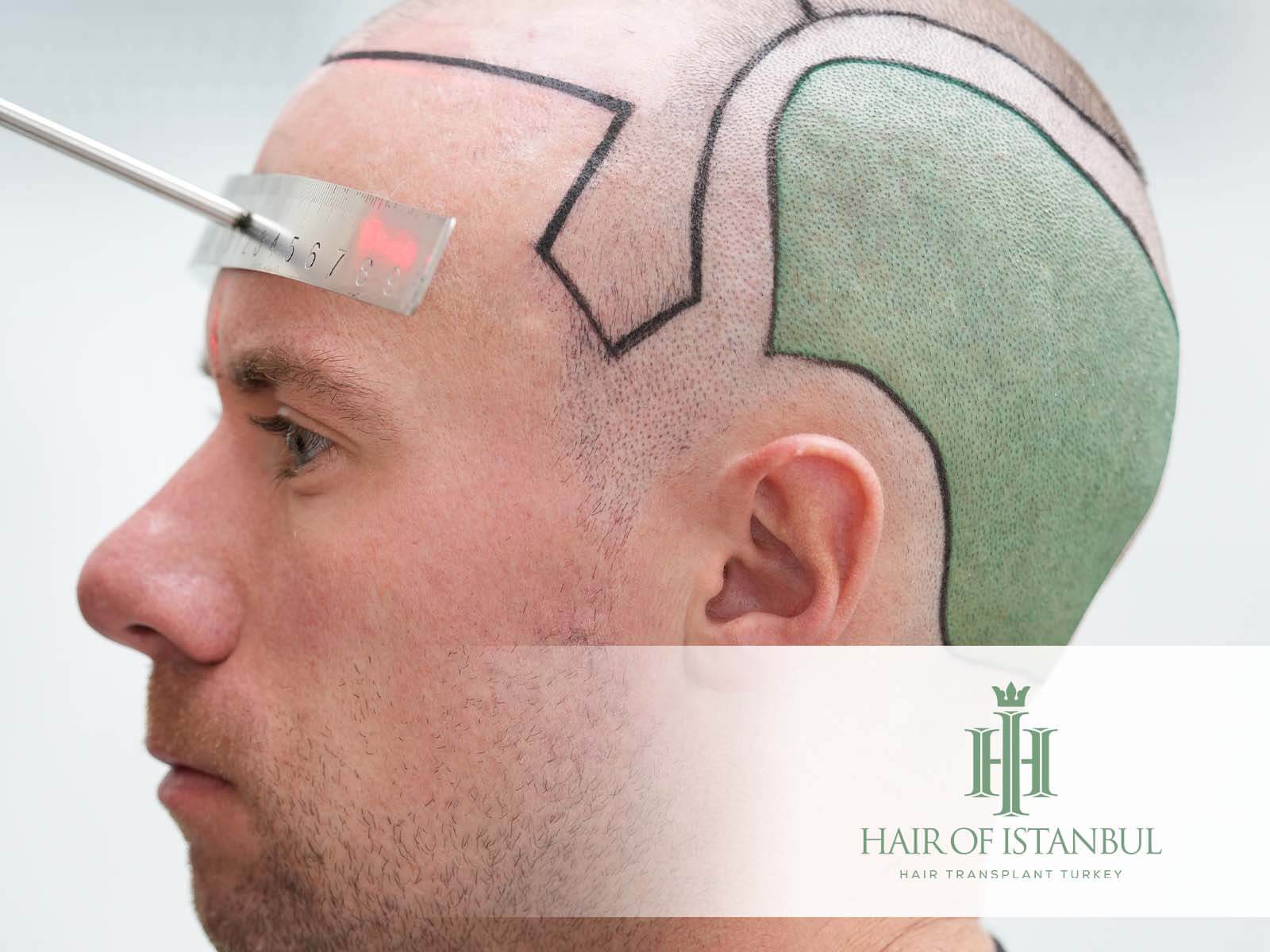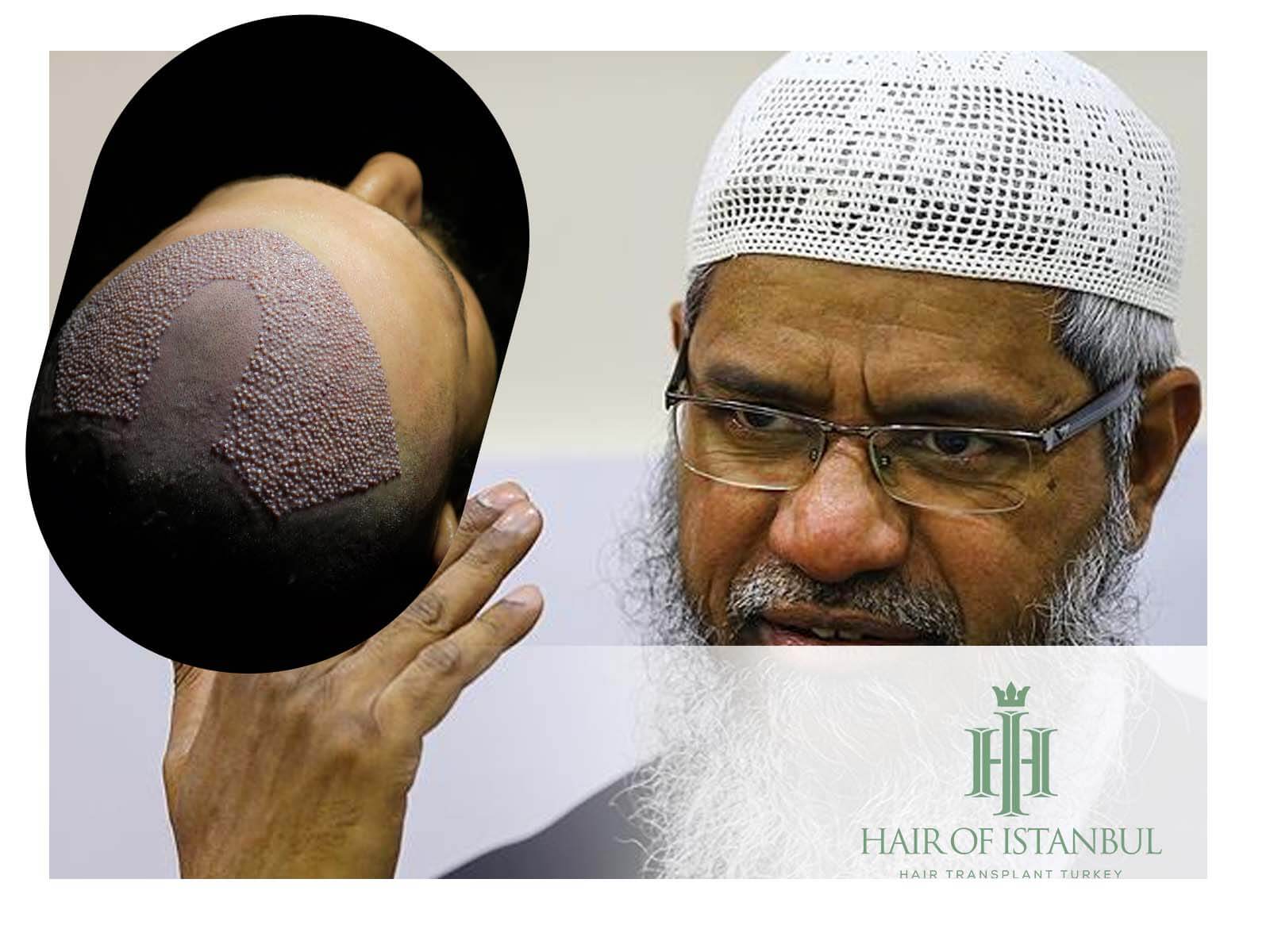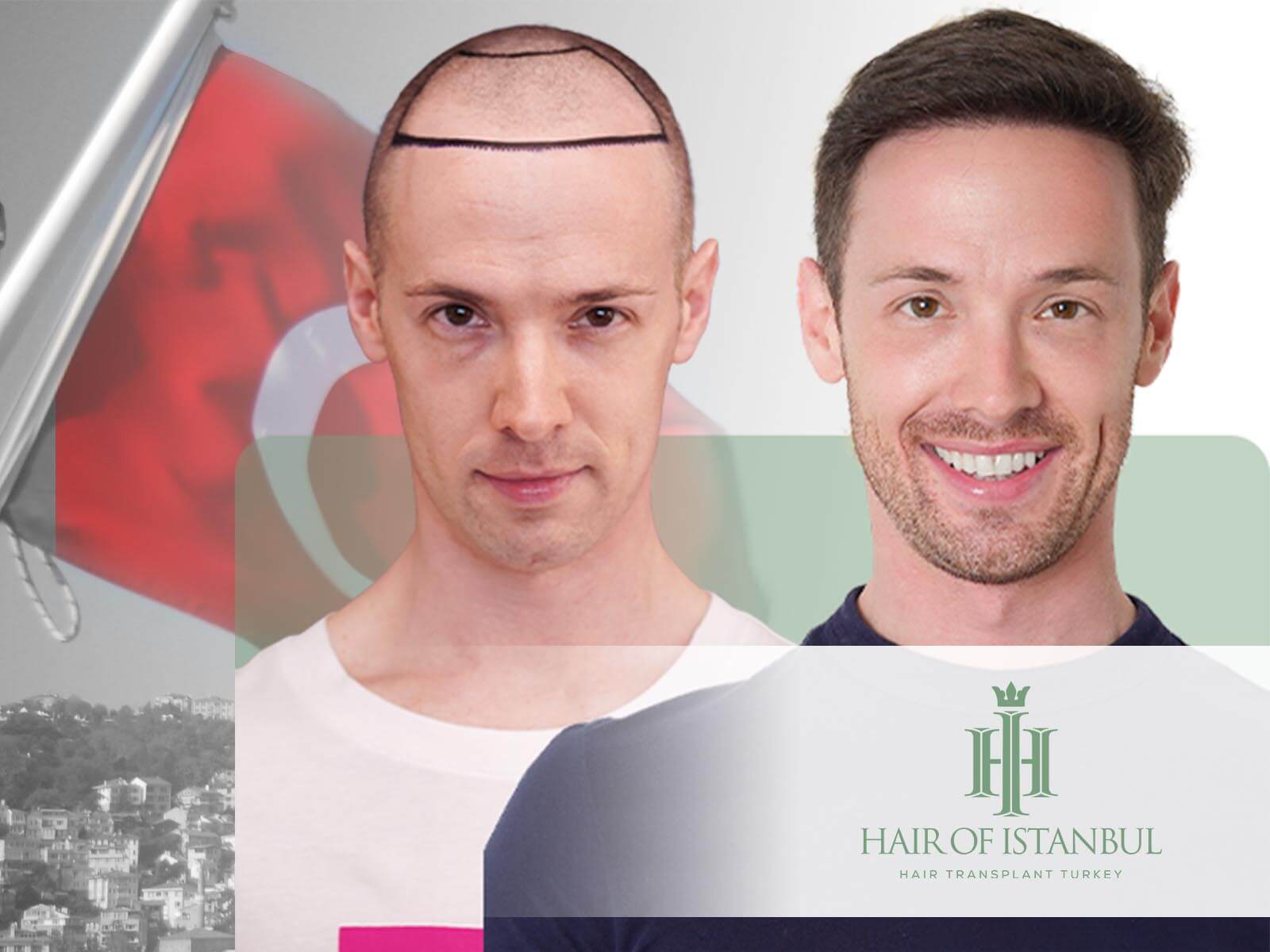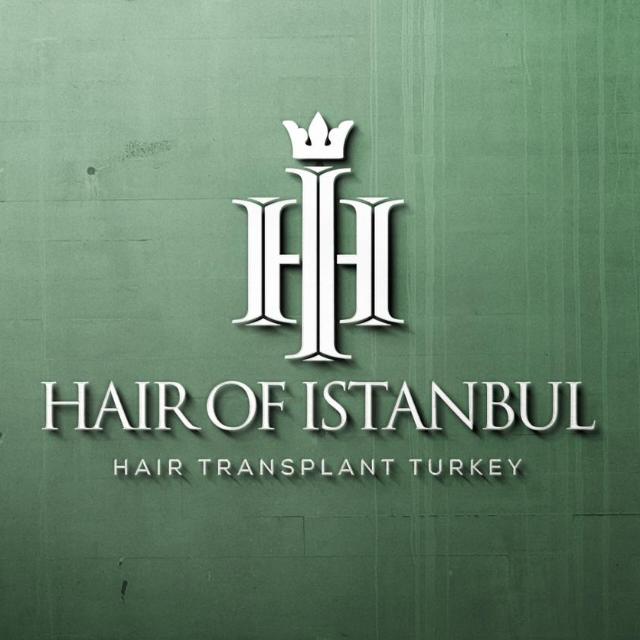Dry Scalp After Hair Transplant: Is It Normal or a Problem?
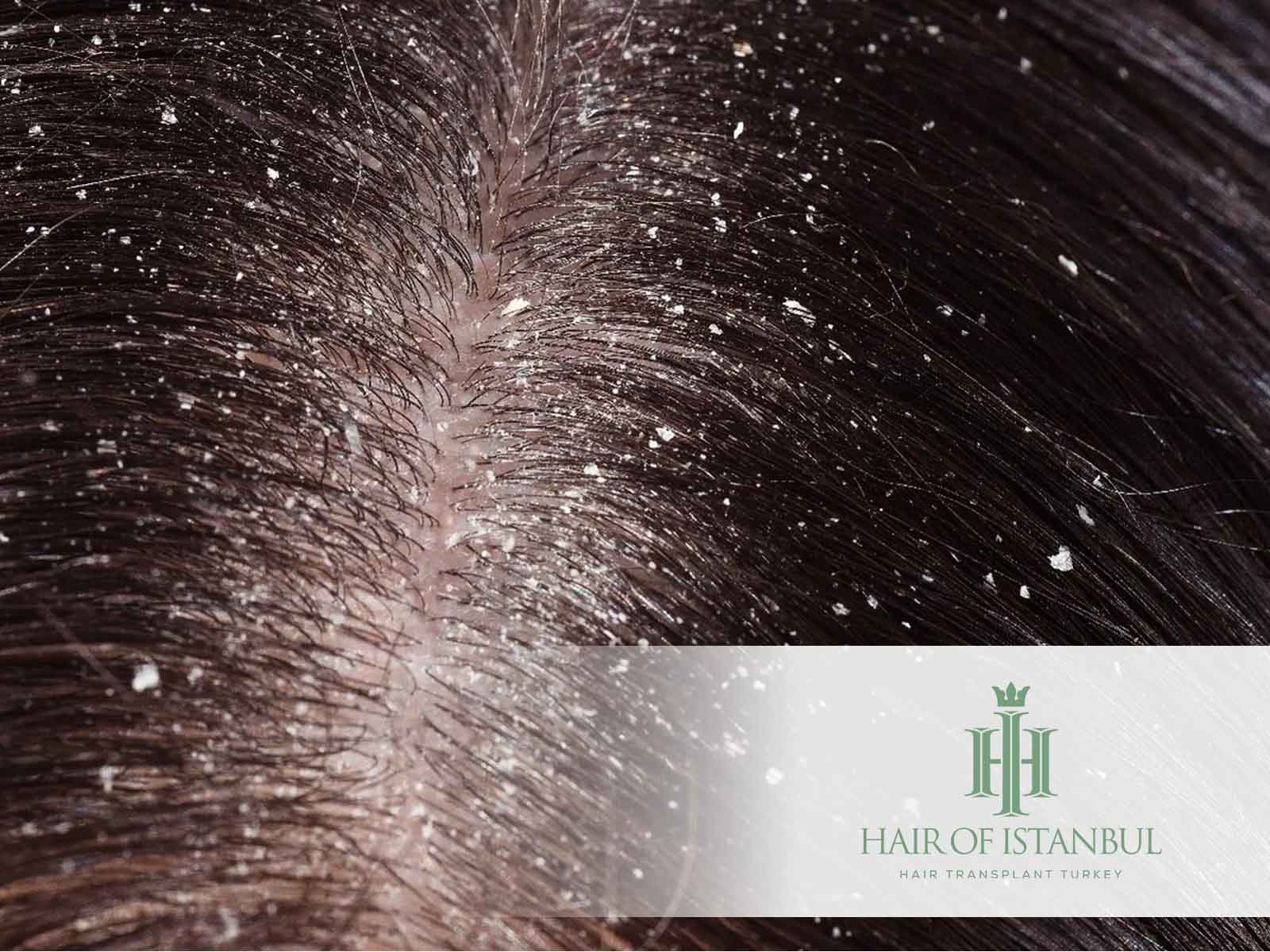
Many patients experience dry scalp after a hair transplant, especially in the first few weeks. At first, it might seem like a minor issue, but the discomfort can be frustrating. Flaking, tightness, and irritation can make the healing process feel longer than expected.
Some worry it could affect their results, while others wonder if they’re doing something wrong. Is it normal? How long does it last? Most importantly, what can you do to keep your scalp healthy without risking your new hair? Let’s break it down.
Is It Normal For The Scalp To Be Dry After A Hair Transplant?
Yes, experiencing a dry scalp after a hair transplant is common. This dryness typically occurs as part of the healing process. The scalp may form scabs and experience flakiness during recovery. These reactions are generally temporary and can be managed with proper care.
Why Does the Scalp Get Dry After a Hair Transplant?
| Healing Process: | The scalp forms scabs and crusts as part of natural wound healing, leading to temporary dryness. |
| Reduced Sebum Production: | The trauma from the procedure temporarily affects the sebaceous glands, reducing natural oil production. |
| Post-Surgery Medications: | Some prescribed medications, such as antibiotics or anti-inflammatory drugs, may contribute to skin dryness. |
| Limited Moisturization: | Patients are often advised to avoid excessive product use in the early stages, which can lead to dehydration of the scalp. |
| Mild Inflammation: | The procedure causes mild swelling and irritation, which can disrupt the skin’s natural moisture balance. |
| Use of Harsh Shampoos: | Some post-transplant shampoos or antiseptic solutions may strip away essential oils, worsening dryness. |
| Environmental Factors: | Exposure to air conditioning, heating, or dry weather can make the scalp drier during the healing phase. |
How the Healing Process Affects Scalp Moisture?
After the procedure, the scalp undergoes healing, leading to the formation of scabs. These scabs can cause the skin to feel dry and tight. This is a natural part of recovery and indicates that the body is healing.
Scabbing and Its Role in Dryness
Scabs form as the body’s response to micro-incisions made during the transplant. While they protect the healing tissues from infection, they can also lead to a sensation of dryness on the scalp.
Also Read: Hair Transplant After 3 Months: Photos Show Real Results
Can Dry Scalp Affect Hair Growth After a Transplant?
Yes, a dry scalp can affect hair growth after a transplant, especially in the early healing phase. Proper hydration is important for newly transplanted follicles to settle and grow effectively. When the scalp is too dry, it can lead to excessive flaking, tightness, and irritation, creating an unfavorable environment for hair follicles.
Severe dryness may also cause microcracks in the skin, slowing down healing and making the scalp more prone to infections. If the scalp becomes too flaky, some scabs may lift prematurely, potentially disrupting the attachment of newly transplanted grafts. [1]
Does Dryness Slow Down Follicle Healing?
Dryness can slow down follicle healing after a hair transplant. A well-moisturized scalp provides a conducive environment for healing, whereas dryness can lead to scabbing and irritation.
These conditions may delay the healing process and compromise the health of transplanted follicles. Ensuring proper hydration of the scalp supports faster recovery and promotes the successful integration of transplanted hair.
The Link Between Scalp Dryness and Hair Shedding
Scalp dryness can contribute to hair shedding. When the scalp lacks moisture, it often becomes itchy, leading individuals to scratch the affected area. Frequent scratching can damage hair follicles, resulting in hair loss. [2]
Moreover, a dry scalp can cause hair strands to become weak and brittle, making them more susceptible to breakage.
Also Read: Can You Get A Hair Transplant If You Are Completely Bald?
Best Ways to Prevent Dry Scalp After a Hair Transplant
| Use a Humidifier: | Keeping indoor air moist helps prevent scalp dryness, especially in dry or cold climates. |
| Drink Plenty of Water: | Staying hydrated supports overall skin health, including the scalp. |
| Apply Doctor-Approved Moisturizer: | Some surgeons recommend mild, fragrance-free lotions to keep the scalp hydrated. |
| Avoid Direct Sun Exposure: | UV rays can dry out the scalp and irritate healing skin. Wear a loose hat when outdoors. |
| Limit Heat Styling: | Avoid using blow dryers or heated styling tools, as they can strip moisture from the scalp. |
| Follow a Nutrient-Rich Diet: | Eating foods rich in omega-3s, vitamins A and E, and biotin supports scalp hydration. |
| Don’t Scratch or Pick Scabs: | Scratching can worsen dryness, delay healing, and damage transplanted follicles. |
| Wash Hair Gently with a Mild Shampoo: | Use a sulfate-free, doctor-recommended shampoo and wash with lukewarm water to prevent further dryness. |
How to Wash Your Scalp After a Hair Transplant Without Causing Dryness
Washing your scalp after a hair transplant is a crucial step in the healing process. Doing it incorrectly can lead to irritation, excessive dryness, or even damage to the newly transplanted follicles. That’s why it’s essential to follow the right method, ensuring your scalp stays hydrated and your new hair grows healthily.
In the video below, we demonstrate the proper washing technique recommended by our clinic. Watch closely to see how you should cleanse your scalp without causing dryness or irritation.
Afterward, continue reading to learn more about the best washing practices, why overwashing can worsen dryness, and how to choose the right shampoo for healing.
Why Overwashing Can Make Dryness Worse?
Washing your hair too frequently can strip the scalp of its natural oils, leading to increased dryness. It’s advisable to wash your hair daily from day three after a hair transplant until the scabs have fallen off. After that point, washing your hair only once or twice per week is sufficient.
Choosing the Right Shampoo for Healing Scalp
| Sulfate-Free Formula: | Sulfates strip away natural oils, causing dryness and irritation. A mild, sulfate-free shampoo helps retain moisture and protects sensitive scalp tissue. |
| pH-Balanced for Scalp: | A shampoo with a pH close to 5.5 supports the scalp’s natural barrier, preventing excessive dryness and promoting faster healing. |
| Contains Aloe Vera or Panthenol: | These ingredients have soothing and hydrating properties, reducing inflammation and keeping the scalp moisturized during recovery. |
| Free from Artificial Fragrances & Alcohols: | Synthetic fragrances and alcohols can cause irritation, dryness, and itching. A fragrance-free, alcohol-free shampoo is gentler on the healing scalp. |
| Mild Herbal or Natural Extracts: | Chamomile, green tea, or oat extracts can help calm redness, reduce itching, and support skin recovery without being too harsh. |
* These are general recommendations for choosing a gentle shampoo after a hair transplant. However, every scalp heals differently, and the best choice depends on your specific needs. Always consult your doctor or hair transplant specialist for personalized advice on the most suitable shampoo for your recovery.
Also Read: Hair Transplant For Widow’s Peak: How to Reverse Hair Loss?
FAQ
How Long Does Dryness Last After A Hair Transplant?
Experiencing dryness after a hair transplant is common and typically lasts for a few weeks. As the scalp heals, dryness and flakiness may occur, often due to scabbing and the natural healing process.
This usually resolves within 7 to 10 days post-procedure. Proper aftercare, including gentle cleansing and moisturizing, can help alleviate dryness during this period.
When To See A Doctor About Persistent Dryness?
While some dryness is normal after a hair transplant, if it persists beyond a few weeks or is accompanied by severe itching, redness, or signs of infection, it’s advisable to consult your doctor. Persistent dryness could indicate an underlying issue that may require medical attention. [3]
Can Hair Transplant Cause Dandruff?
Yes, undergoing a hair transplant can lead to dandruff. The procedure involves trauma to the scalp, which can disrupt its natural balance, resulting in dryness and flaking. This is a common occurrence and usually temporary.
Maintaining proper scalp hygiene and following post-operative care instructions can help manage and reduce dandruff after the procedure.
Does Dry Scalp Damage Hair Follicles?
A dry scalp can lead to itching and scratching, which may harm hair follicles and potentially impede hair growth. However, mild dryness typically doesn’t cause significant damage. It’s important to keep the scalp moisturized to maintain a healthy environment for hair follicles.
Why Is My Scalp So Hard After Hair Transplant?
After a hair transplant, it’s common for the scalp to feel tight or hard. This sensation is usually due to swelling and the formation of scabs during the healing process.
The hardness typically subsides as the scalp heals over the following weeks. Gentle scalp massages, as recommended by your surgeon, can help improve circulation and alleviate tightness.
Does Transplanted Hair Need Extra Hydration?
Yes, transplanted hair and the surrounding scalp may benefit from extra hydration during the healing process. Keeping the scalp moisturized can help prevent dryness and support optimal healing.
Also Read: Shampoo After Hair Transplant: Nurturing New Growth
CONCLUSION
Dealing with dry scalp after a hair transplant is a common part of the healing process. While it can be uncomfortable, the right care makes a big difference. Keeping the scalp hydrated, using gentle products, and following post-transplant instructions help manage this phase effectively.
At Hair of Istanbul, we prioritize both the procedure and the aftercare. Our experienced team ensures every step of your hair restoration journey is handled with precision and expertise. From the moment you leave the clinic, our specialists guide you through the healing process, helping you minimize discomfort and maintain scalp health.
Proper care after a hair transplant is just as important as the procedure itself. That’s why we provide continuous support to help you recover comfortably. With expert advice and personalized aftercare, we make sure you achieve the best results while keeping your scalp in its healthiest state.
References:
- [1] American Academy of Dermatology Association – Mar 7, 2025 – 10 reasons your skin itches uncontrollably and how to get relief – https://www.aad.org/public/everyday-care/itchy-skin/itch-relief/relieve-uncontrollably-itchy-skin
- [2] L’Oréal Paris, Jun 7, 2023 – Does Dry Scalp Cause Hair Fall? – https://www.lorealparis.co.in/beauty-magazine/hair-care-blogs/does-dry-scalp-cause-hair-fall
- [3] Cleveland Clinic medical professional, Aug 15, 2023 – Dry Scalp: Causes, Treatment & Prevention – https://my.clevelandclinic.org/health/symptoms/23326-dry-scalp

